Pixel 8: The best Android flagship this year might also be the worst one - Google decides
This article may contain personal views and opinion from the author.
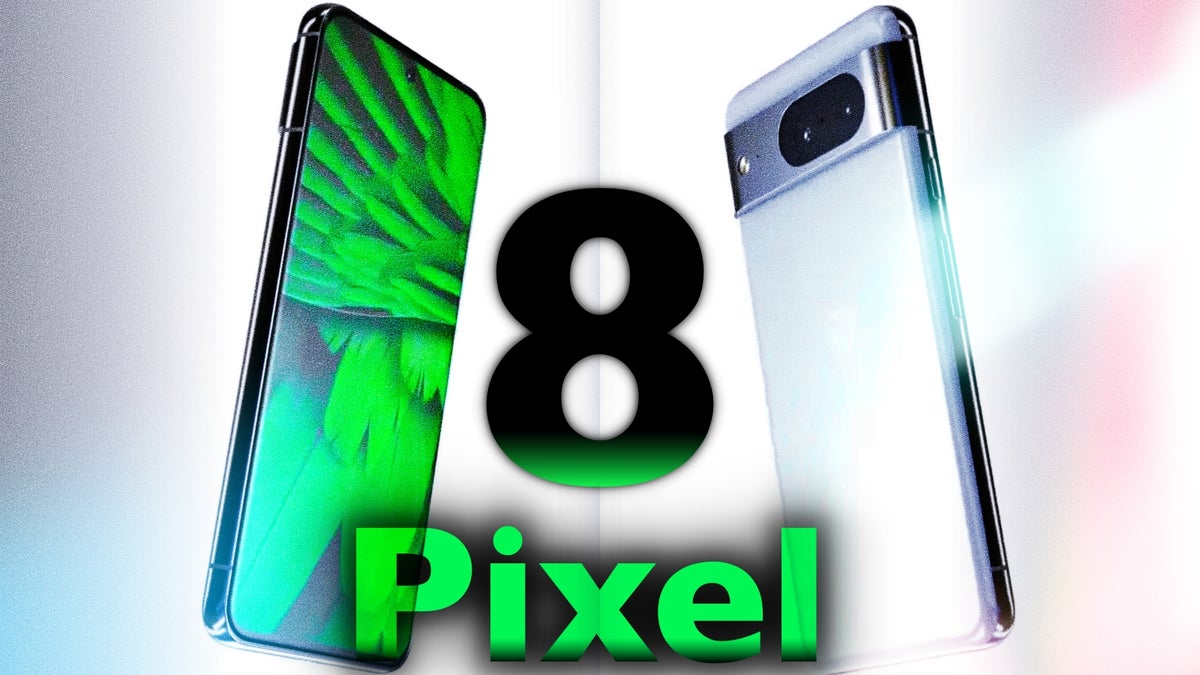
It’s a beautiful day in Mountain View but not because of the perfect weather in California. The real reason is Google’s recent series of ads featuring the Pixel 7 Pro, Pixel Fold and iPhone 14 Pro, which might be the funniest thing that's happened in the smartphone business all year.
Pixel 8 and Pixel 8 Pro are bringing significant upgrades over the Pixel 7 series, which suddenly gets me excited about the future of the Pixel (again). That being said, I’ll hold my horses because I’ve been here before… twice. The first time, with Pixel 6 Pro, and then with Pixel 7 Pro, as both of Google’s flagships turned out to be somewhat underwhelming compared to Samsung and Apple’s best.
But can Pixel 8 finally add the missing piece of the puzzle (read: reliably) to what’s shaping up to be a killer design? I wouldn’t be able to tell you before the phone is out but I can show you what to expect according to leaks and rumors. It’s about as exciting as it gets with phones today!
New Pixel 8 design and display make Google’s vanilla flagship feel suspiciously similar to a Galaxy S21 and that’s awesome news across the board
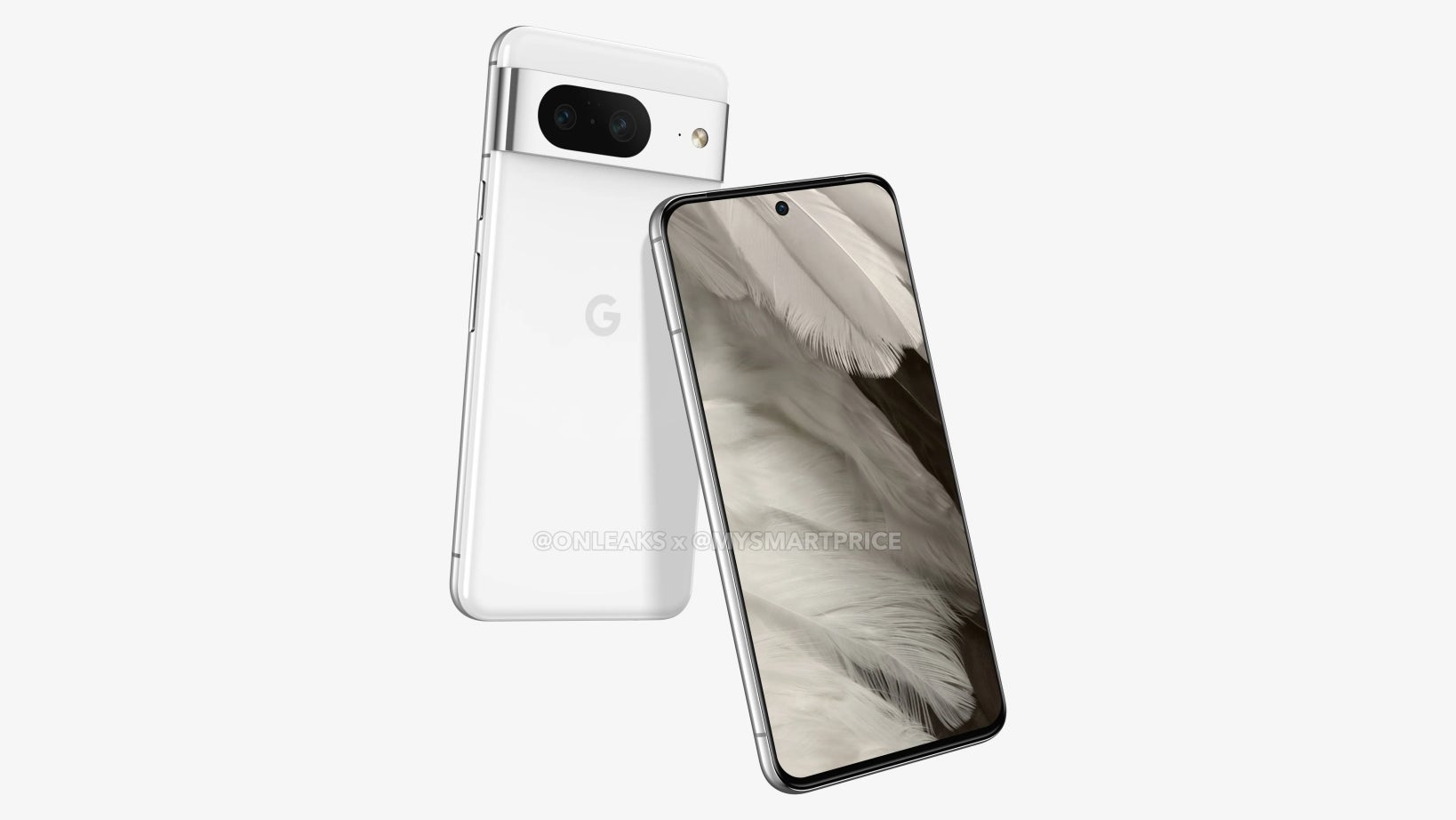
The Pixel 7's average display gets an upgrade to a bright120Hz panel with Pixel 8!
All in all, the biggest upgrades to the vanilla Pixel 8 will be focused in three main areas - design, display, and performance. Of course, the Pixel 8 Pro will be bringing big upgrades to the camera department but that’s a different story about a much more expensive phone, which I’ll leave for a different time.
Pixel 8 will have a 6.2-inch display compared to the 6.3-inch panel of the Pixel 7 but what’s going to make Google’s new affordable flagship feel amazing in the hand are all the curves Google’s adding to the Pixel 8. The back of the phone will be curvier than ever, which should make it a joy to hold, while the corner radius of the aluminium frame will more than double that of the Pixel 7. In simple terms, the Pixel 8 will look and feel far less squarish than the Pixel 7.
While using the Pixel 7 and Pixel 7 Pro, I quickly realized the display of the Pixel 7 is the biggest giveaway the vanilla model isn’t a “premium” Android flagship. Now, the upgraded panel of the Pixel 8 should now be able to fool everyone into thinking this is a $1,000 device. The 120Hz refresh rate and 1,400 nits of peak brightness are huge upgrades compared to the 90Hz, 1,000-nit display of the Pixel 7.
Pixel 8’s Tensor G3 chip confirms this is Google’s first serious attempt at making a “true” Android flagship phone: But is it going to be “cool” enough?
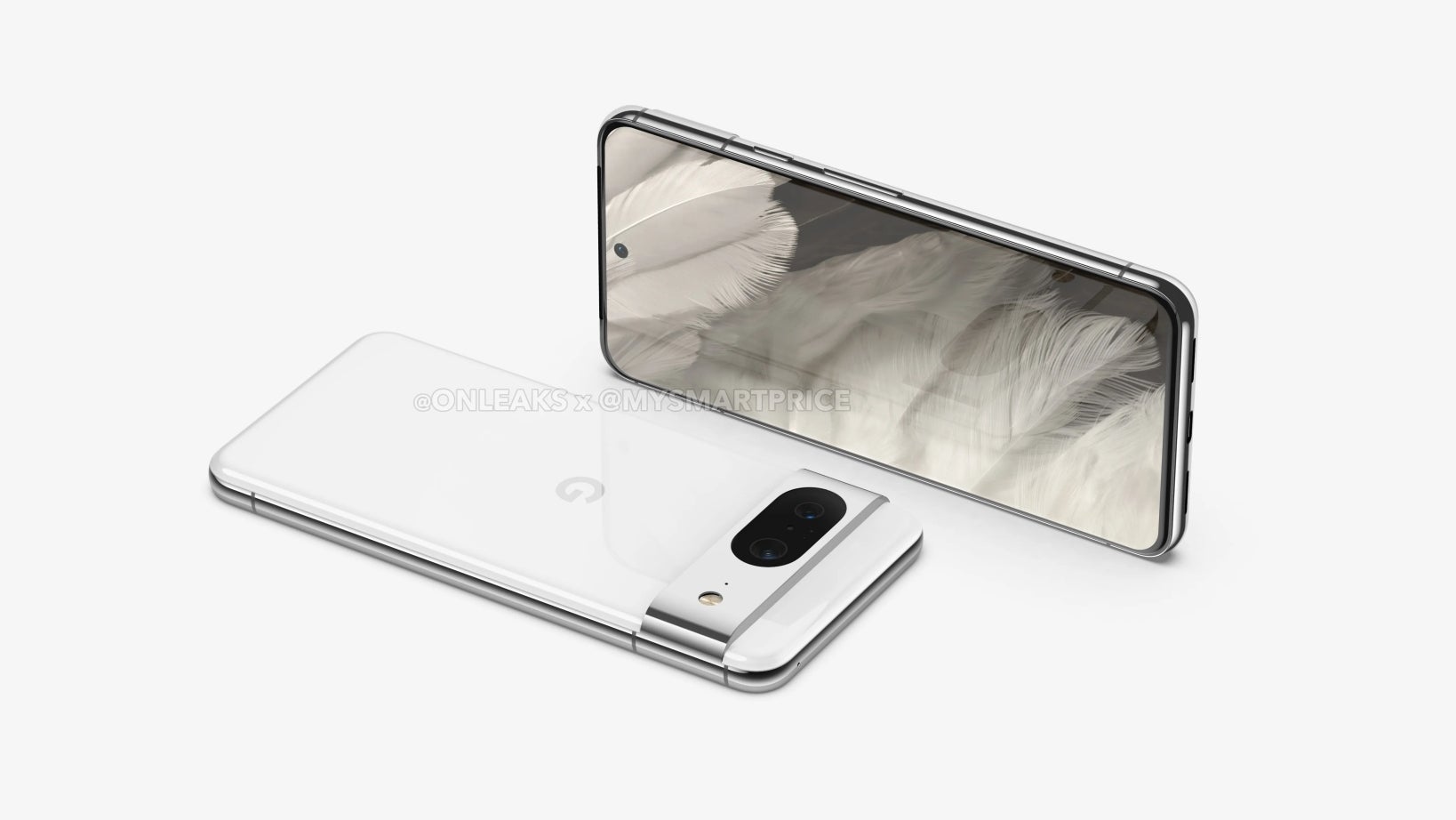
According to recent leaks from a trusted source, Pixel 8 and Pixel 8 Pro might be Google's first flagships that take performance a little bit more seriously. Tensor G3 is expected to get an upgraded architecture and a powerful GPU.
Most people choose a phone based on the design and feel in the hand, and it seems like Google will absolutely nail those aspects with the beautiful Pixel 8. But there’s far more to making a reliable phone than making it look pretty, and Sundar Pichai & Co should know that. At least I hope they do (which isn’t the case judging by the Pixel 6 and Pixel 7 Pro).
Design and display aside, what’s on the inside does matter, and what’s on the inside of the Pixel 8 is going to be a big SoC upgrade called “Tensor G3”. Google’s 3rd gen in-house chip (made in collaboration with Samsung) promises to finally bring meaningful improvements, which we certainly didn’t see in the Tensor G1 - Tensor G2 cycle.
Without getting too technical, the two big upgrades Tensor G3 brings over Tensor G2 are in the (act surprised!) CPU and GPU departments. It’s long overdue but still great to see that (according to leaks by the one and only Kamila Wojciechowska), the CPU performance of Tensor G3 might finally match that of other 2022-2023 flagships. In a nutshell, Google is going to use a brand new core layout, and actually new cores (the 2022 ARMv9), which are more in line with today’s standard across the industry (although still not cutting-edge).
If current benchmarks are anything to go by, the Mali-G715 (Immortalis) in phones like the Vivo X90 and Oppo Find X6 can go toe-to-toe with the GPU in phones like the Galaxy S23 and iPhone 14 Pro, which run on Snapdragon 8 Gen 2 and Apple’s A16 Bionic. Bear in mind, the Vivo and Oppo appear to be using the 11-core version of the Mali G715.
But none of the massive CPU and GPU upgrades in Pixel 8 (and Pixel 8 Pro) will matter if Google doesn’t manage to provide Tensor G3 with stable cooling. History shows that Google’s Tensor-powered flagships can overheat under heavy loads, and even during normal use, which is one of the major reasons many consider Pixel flagships “upper mid-range” in terms of performance, and I can’t disagree. So, let’s hope Pixel 8 and Pixel 8 Pro will get cooler. Literally.
Pixel 8 could be the best, or the worst Android flagship phone of 2023 - only Sundar Pichai and Google’s phone division can decide
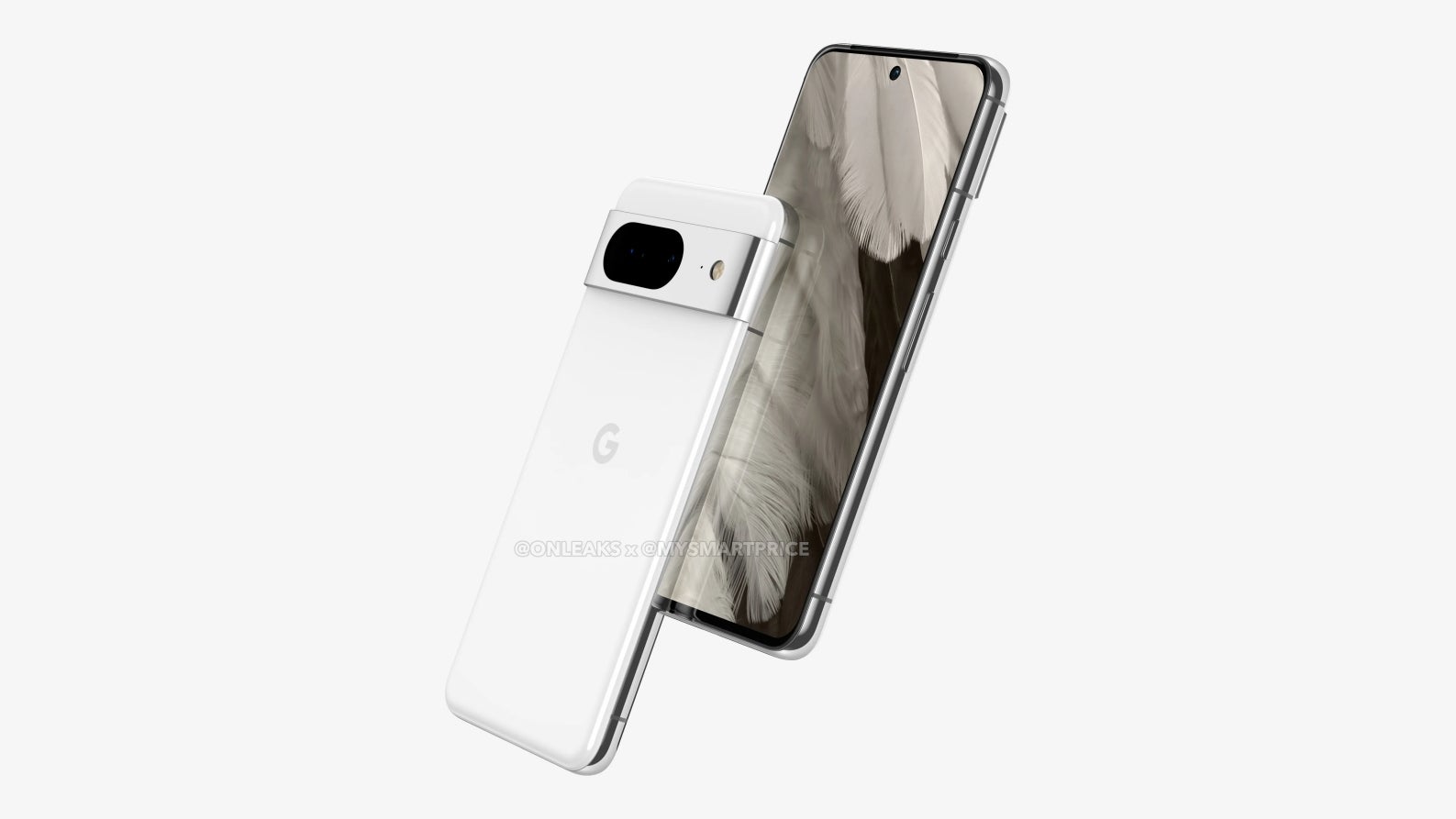
Just like the Pixel 6 and Pixel 7, Pixel 8 is shaping up to be one of the best value phones of the year. But are software bugs going to get in the way again?
In the end, the vanilla Pixel 8 is shaping up to be a really strong contender for the best Android phone of 2023, and despite the amazing upgrades to the display and performance departments, we haven’t even talked about the biggest selling point of the more affordable Pixel 8, which should be its competitive price.
We haven’t heard much about the price of the Pixel 8 but considering the Pixel 6 and Pixel 7 started at $600, this one shouldn’t be much more expensive. Although (if you ask me), a $50 price increase would make a lot of sense, considering the mid-range Pixel 7a now starts at $500. Without a doubt, the Pixel 8 will be a far better phone than the Pixel 7a, and a $100 price gap would be too good to be true. Let’s just hope Google doesn’t have $700 in mind.
So, that's it, folks! We’re back at square one, which seems to be the case every year with Google’s flagship phones...
- Judging by the renders, the Pixel 8’s new design looks fantastic
- Pixel 8 will have a truly flagship-grade display (finally!)
- Pixel 8 will have the best performance ever on a Pixel (should be a big upgrade over Pixel 6 and Pixel 7)
- Pixel 8 should also have great battery life, considering the Pixel 7’s endurance falls in line with that of the competition (think: Galaxy S23, iPhone 14)
- Pixel 8 should be the first Android phone to ship with Android 14, and get upgrades faster than any other Android phone
- And, of course, Pixel 8 should also bring a great camera experience (although I’d certainly wish for a much better Portrait Mode and less lens flaring)
Just like past years, Google seems to be nailing the basics, and even go beyond what $600 phones normally give you. However, as we’ve seen so many times now, the value Google phones bring is only as good as their reliability. As I recently wrote, some Pixel 6 and Pixel 7 users are now willing to switch to iPhone/Galaxy due to a number of annoying bugs that have been plaguing Google’s recent flagships for a while now. A very popular story, by the way. Sorry, Google; it’s on you.
So, I hope I won’t be back here telling you to avoid buying Google’s new flagship because it’s buggy (again). Because if Android 14 is stable, and if Tensor G3 is cool, then Pixel 8 might be the phone of the year that Google’s been trying to make for the past two years. It’s your call, Google!
Follow us on Google News












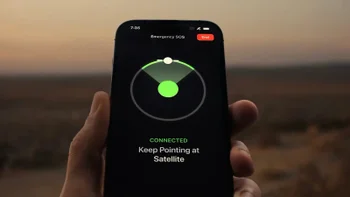
Things that are NOT allowed:
To help keep our community safe and free from spam, we apply temporary limits to newly created accounts: